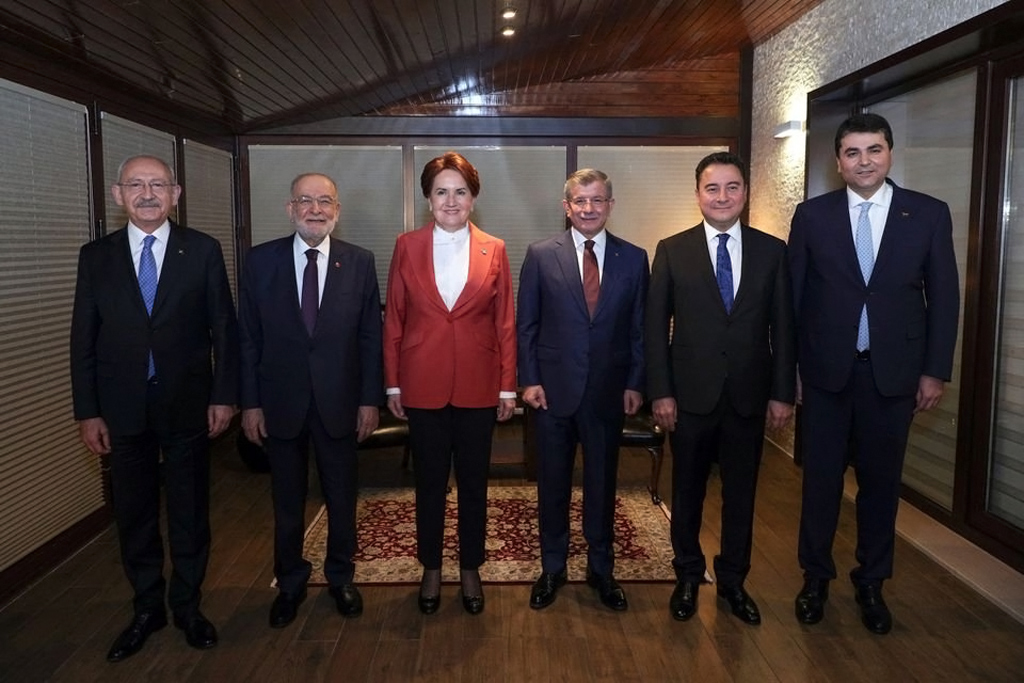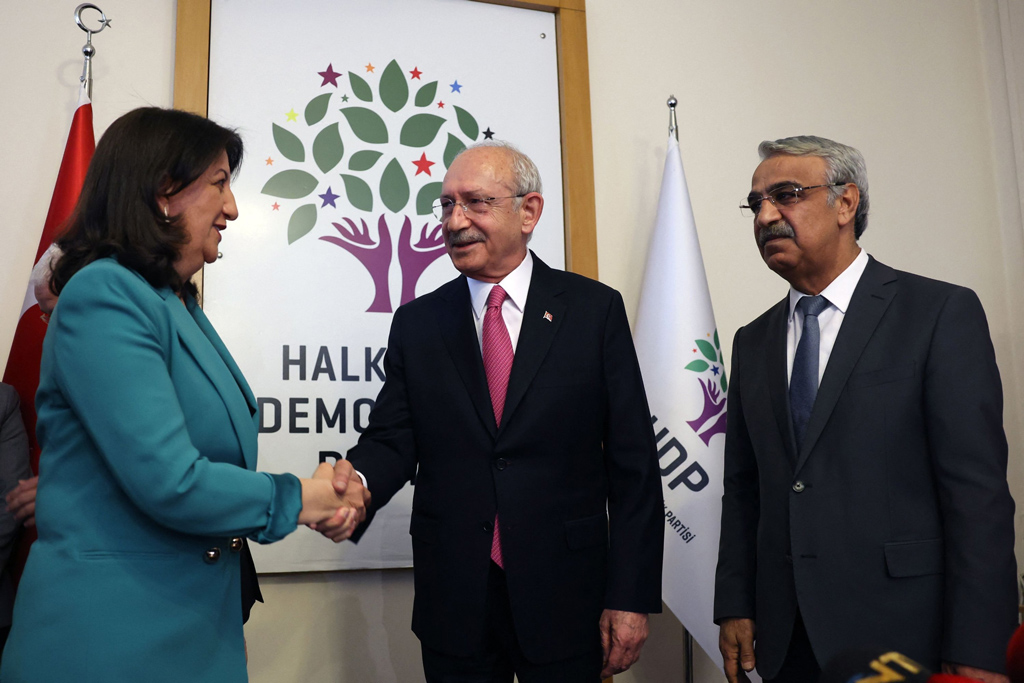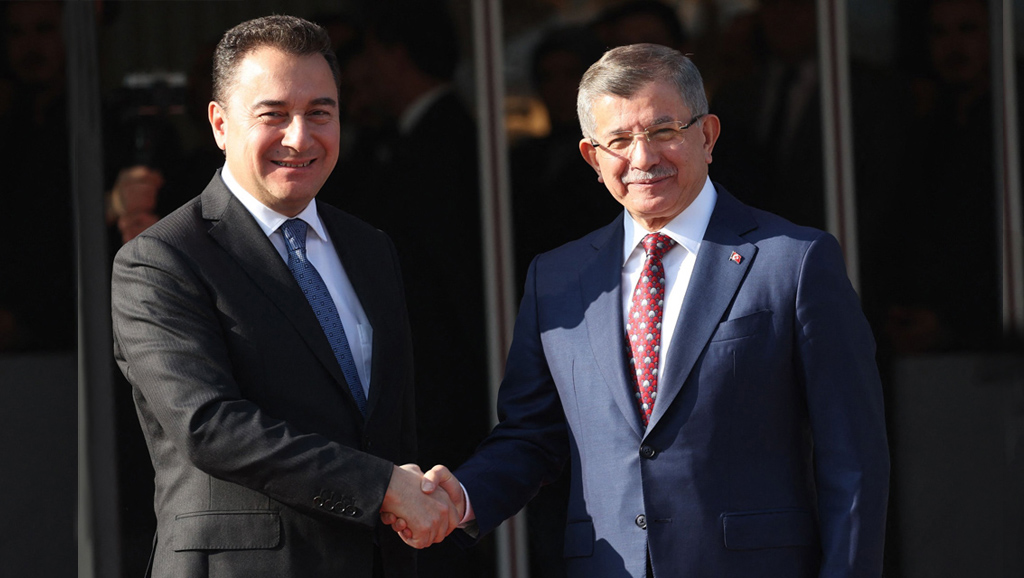
Parliamentary-ish presidential system: Turkish opposition's delusion
The level of ambiguity seems to increase as that debate continues, mainly because the Turkish opposition bloc, known as the 'table for six,' is in a challenging and contradictory pursuit
Share
People have shown a keen interest in the power-sharing debate revolving around the Turkish opposition bloc’s potential victory. The government stresses that the "table for six" offers uncertainty and chaos, whereas opposition figures have been trying to address the ambiguity of their statements. Ironically, the level of ambiguity seems to increase as that debate continues – mainly because the opposition bloc is in a challenging and contradictory pursuit.
Democracy and Progress Party (DEVA) Chairperson Ali Babacan recently said that the "table for six" aimed to answer the following question, “How will we bring to life the spirit of parliamentarism under the current Constitution?” To get there, opposition leaders have been engineering various intertwined formulae. In other words, they are working on something that looks like the presidential system but made up of parliamentarism.
That the proposed structure would cause serious constitutional problems is a major factor. Another issue, regarding which even pro-opposition figures remain on the fence, is whether that model would be pragmatic. After all, the proposed model is not compatible with presidentialism or the parliamentary system. How the executive branch would function in that scenario is extremely problematic – let alone its relations with the judiciary and the legislature.
A few questions reveal how problematic that formula is: To whom will the popular and directly elected president be accountable? Are they supposed to answer to the people or the party leaders who they will appoint as vice presidents? And who will share presidential powers? Parliament? Or all of the above?
It seems that the president would answer to the people but also to their vice presidents – but not to Parliament. And what do we call the political system where party leaders have the authority to represent Parliament?
There are more questions to be asked, but let me take this opportunity to touch on the contradiction at the heart of the opposition bloc’s model “with a parliamentary soul.” Those individuals, who criticized President Recep Tayyip Erdoğan for simultaneously serving as the ruling Justice and Development Party (AK Party) chairperson, are currently talking about six opposition leaders serving as president or vice president whilst running their respective parties.
Recent statements by Ali Babacan and Future Party (GP) Chairperson Ahmet Davutoğlu, whom I consider the "engineers" of the opposition bloc, compelled the main opposition Republican's People Party (CHP) Chair Kemal Kılıçdaroğlu to declare that “each of the party leaders around the 'table' are equal and they will all serve as vice presidents.”
Another issue, however, remains on the table. Meral Akşener from the Good Party (IP) forfeited her presidential candidacy by saying that she would serve as prime minister. In other words, the elected president would give as much power to their top vice president as a prime minister. By this standard, we are witnessing the clash of two competing visions for power sharing – not just potential candidates. The first option is to hand over equal powers to each party leader, who could not run for president, as vice presidents. The alternative is to hand over much more power to the first vice president as a prime minister.
The question is whether Kılıçdaroğlu effectively turned down Akşener’s original request by saying that all relevant party leaders were equal.
Tags »
Related Articles








